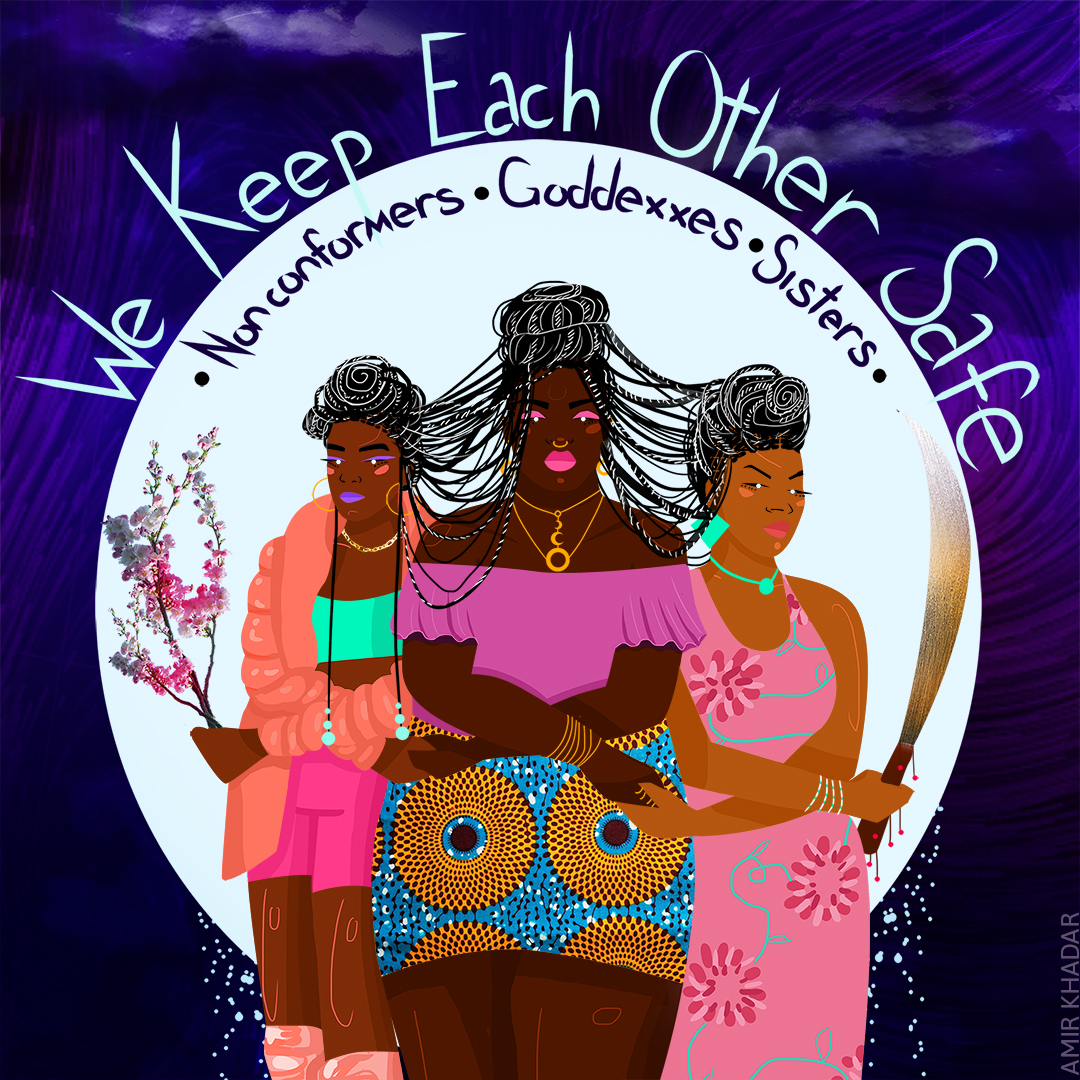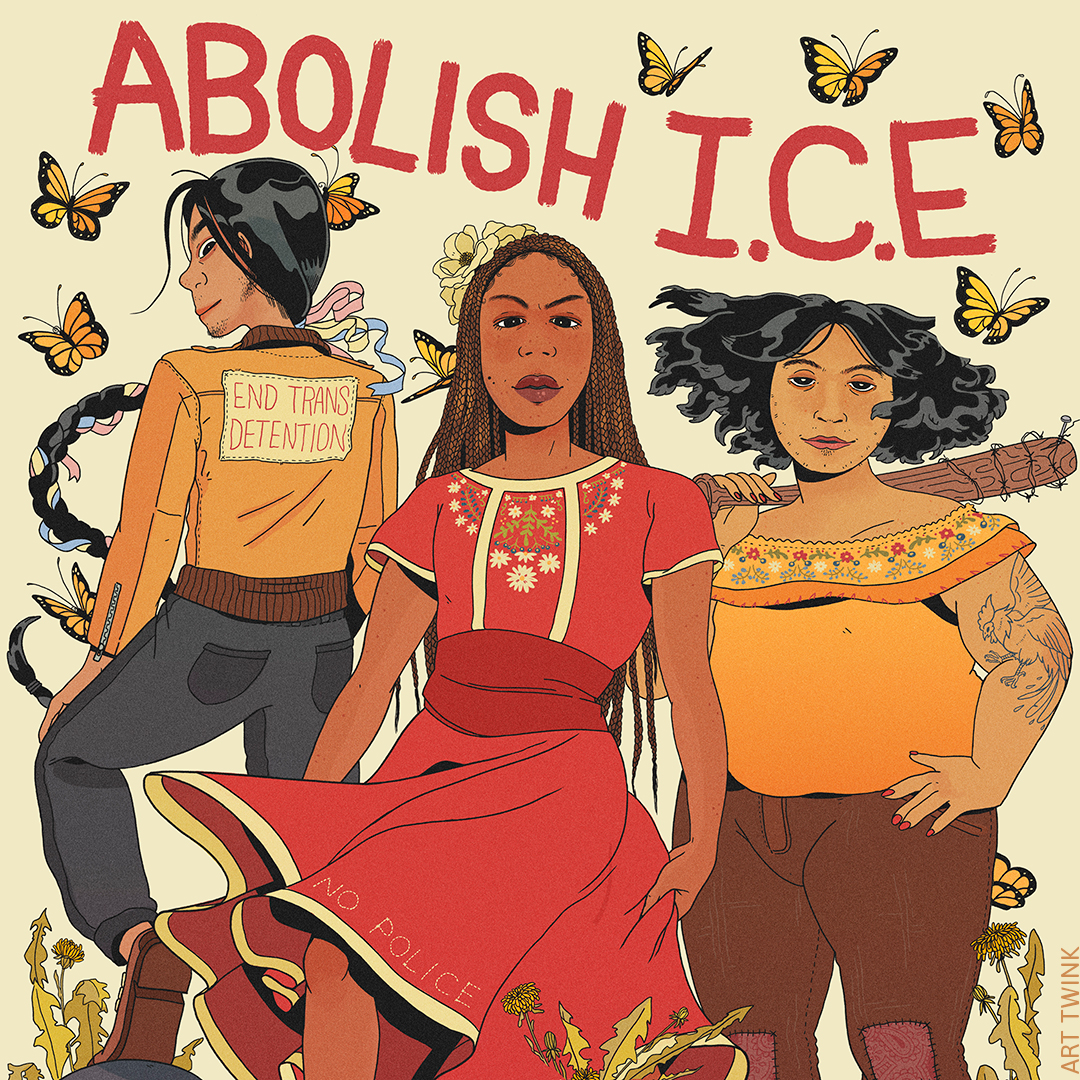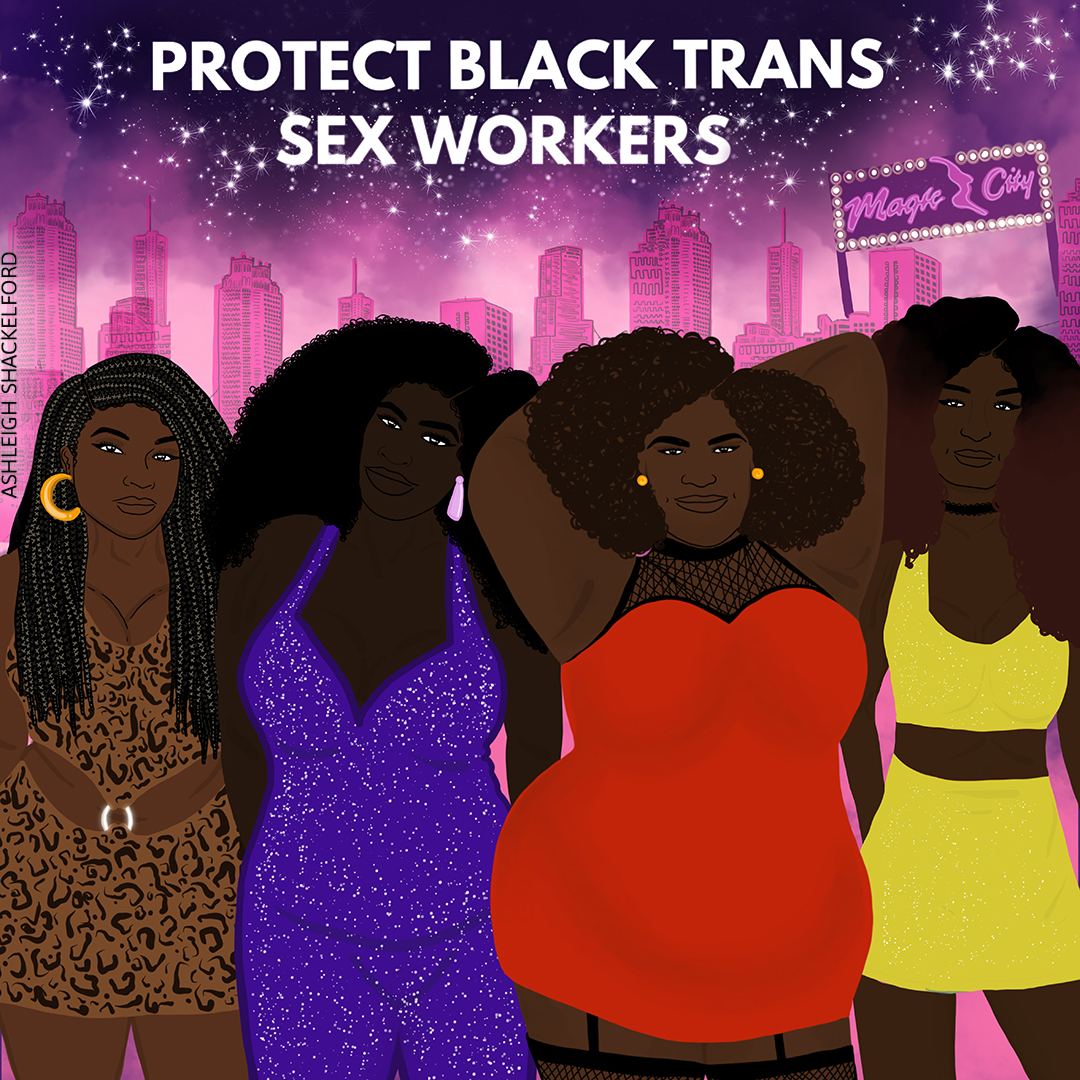[Content warning: This piece contains information about transgender death, anti-black violence, hate crimes, and links with graphic details of violence.]
Today, November 20, marks the 19th Transgender Day of Remembrance (TDOR). This day is honored internationally to recognize the lives taken by transphobic violence. What started as an online action to find and honor transgender family members killed has transformed into a global day of organizing, action, and celebration of transgender life.

Why would folks need to take a day to organize for transgender lives? TGNC (transgender and gender non conforming) communities worldwide face violence and murder at alarming rates—this is an epidemic of gender based violence. This year alone, the U.S. has lost 22 transgender people and internationally reports indicate that at least 369 transgender people have been murdered. Looking at the names, causes of death, and images of mostly brown and Black transfeminine people in these reports, it is a soul-crushing reminder that transphobia is alive and rampant. Every year, when these names and stories are released, it is disheartening to see certain communities overrepresented: including sex workers, migrant folks, and communities of color.
Transphobia is a system that punishes, ostracizes, and harms people who challenge and live outside of traditional binary gender norms. For TGNC people, this systemic bias is felt daily and the 2015 U.S. Trans Survey reported that transgender people experienced high levels of mistreatment, harassment, and violence in every aspect of life. Respondents shared information of sexual harassment in the workplace, violence at the hands of family members because of their gender identity or expression, abuse in public schools, difficulty finding adequate and respectful healthcare, and violence from law enforcement. Within faith-based communities, at the doctor’s office, in restrooms, at workplaces, with landlords, at the airport, and in so many other places and interactions every day, trans people reported facing bias. These findings were multiplied for respondents who were people of color, poor, homeless, or had a disability. Meanwhile, the Injustice at Every Turn report showed that Black trans people were making an average of $10,000 a year and that suicide was a grim re-emerging issue for the community.

These reports and numbers give insight to a lived reality and are more than just data points. This is an entire community of varied experience—real people who struggle, who survive, who have families, and are full of resilience, strength, and candor. In fact, the most powerful movement shift since the first “Trans Day of Remembrance” has been the transition from a day of remembrance to a day of resilience.
What does media justice have to do with all of this? For far too long, the main narratives of transgender people in the media were told by cisgender people, only reporting transgender death, perpetuating harmful stereotypes, and often mocking trans people and their experiences. The internet has been a game changer for the trans community, connecting those in isolation, offering forums, resources, and safe, accessible digital space—historically protected by Net Neutrality—for people to organize.
The good news is that today lots of poets, artists, organizers, and culture shifters are shaping the narrative on transgender life. Transgender youth continue to lead and a national transgender youth council just shared their Nine Point Platform making their transcestors proud. Filmmakers Tourmaline and Sasha Wortzel are illuminating transgender history with their film Happy Birthday, Marsha! In 2017, the U.S. elected 8 transgender people into public office on a single day. In 2018, television had the largest transgender cast in history with FX’s Pose.

With this surge in visibility and movement power, it is critical that we continue pushing for an end to violence and continue to honor the dignity and humanity of transgender people. Because as Miss Major Griffin-Gracy writes in Trap Door: Trans Cultural Production and the Politics of Visibility, “There’s a backlash. With newfound visibility…there are more girls getting murdered. There are two sides to every fucking coin. Nothing is as simple as it appears to be.”
Our Media Action Grassroots Network (MAG-Net) member, Forward Together, are a part of the culture shift to celebrate trans life and trans power with their Trans Day of Resilience art series, lifting up transgender art and highlighting organizations and individuals doing that work. Trans people everywhere continue to fight for an end to anti-trans violence and discrimination. Safety, employment and healthcare. Freedom. Love and support.
Check out the art series, download a free poster, and learn more at https://tdor.co.



